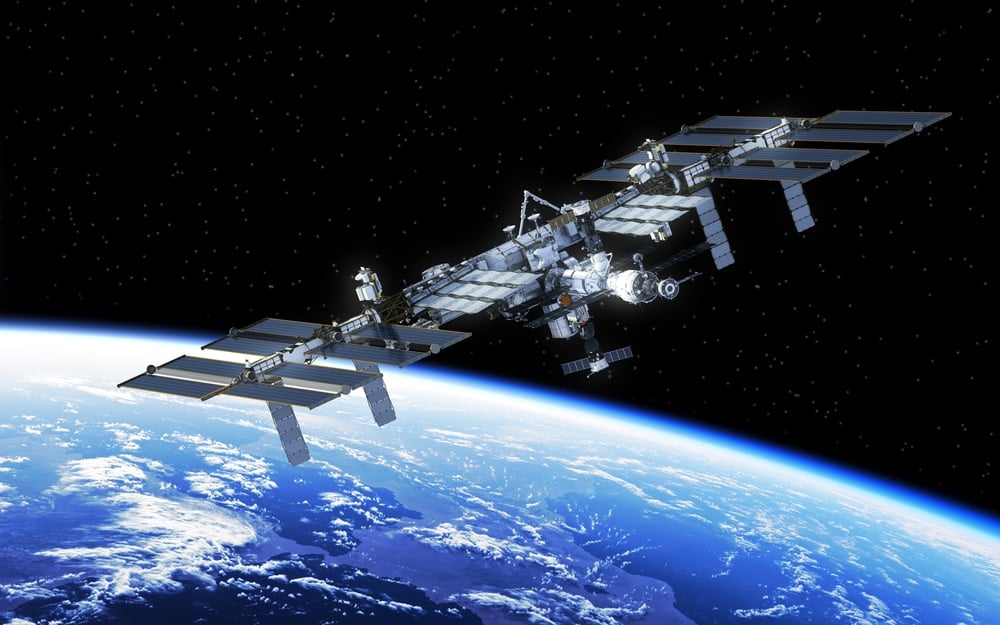Newsletter Signup - Under Article / In Page
"*" indicates required fields
Sierra Space and University of California San Diego, one of the world’s top 15 research universities and a leader in microgravity research, have formed a new agreement with the goal of defining the future of human health care research in space.
In a new memorandum of understanding between the two organizations, Sierra Space and UC San Diego will collaborate on Orbital Reef, the first commercial space station in low Earth orbit (LEO), to expand the university’s Integrated Space Stem Cell Orbital Research (ISSCOR) program, which is currently operational on the International Space Station (ISS). Together they will help define and shape the future of biotech and biopharma research and development in microgravity.
‘Greater impact for humanity’
“This agreement with UC San Diego is a major breakthrough in human health care research conducted in space and signals the beginning of a new era of discovery,” said Tom Vice, Sierra Space CEO.
“Through our collaboration, the highly impactful work that researchers are already doing on the International Space Station today can expand and deliver even greater impact for humanity. As the ISS completes its time in service, UC San Diego will now have a place to grow and expand its vital research in biotech and biopharma with full, on-orbit biomanufacturing and biofabrication centers to foster breakthrough advancements and products in medical science that will benefit all life on Earth.”
“Microgravity and radiation exposure in low-Earth orbit offers a unique opportunity to study stem cell aging and pre-cancer development in a compressed time frame in a manner that is unavailable on Earth,” said Catriona Jamieson, a stem cell biologist, hematologist and director of the new UC San Diego Sanford Stem Cell Institute, funded with a $150 million gift from philanthropist T. Denny Sanford.
“In collaboration with NASA, our Integrated Space Stem Cell Orbital Research team has launched six missions carrying stem cells and stem cell-derived organoids into LEO. We are learning things that we never could under normal gravity; knowledge that can elevate the search for new pre-cancer diagnostics and therapeutics that eradicate cancer at its earliest stages into addition to a broad array of degenerative diseases that arise as a result of stem cell dysfunction.”
Dream Chaser
UC San Diego will provide input to Sierra Space on the design and concept of operations for providing new biomanufacturing, biofabrication and related in-space laboratory capabilities and services to industry, academia and government researchers.
The university will also participate in a Sierra Space-led in-space biomanufacturing research consortium of industry, academia, philanthropic and government researchers that will focus on R&D objectives, priorities and technical requirements.
Sierra Space will lead the development, launch and deployment of space habitats to establish the necessary infrastructure for UC San Diego and other partners to conduct microgravity research and in-space manufacturing.
The company’s Dream Chaser spacecraft, the world’s only winged commercial spaceplane, will provide transportation to LEO, while its Large Integrated Flexible Environment (LIFE) modules will offer ample habitable spaces in which to live and work on orbit.
Both Dream Chaser and LIFE are central components to Orbital Reef, a mixed-use business park in LEO being developed by principal partners Sierra Space and Blue Origin, which is expected to be operational by 2027.
Oncology R&D trends and breakthrough innovations







